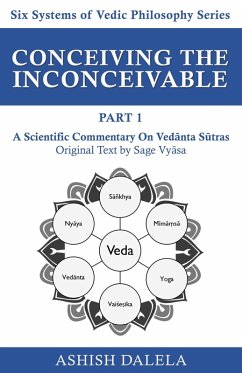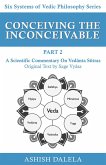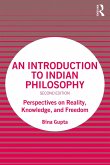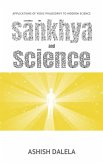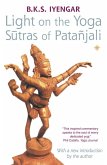Enlightenment in the West was predicated on the idea that the questions of the soul and God cannot be answered through reason, and therefore, we must stop asking such questions. Vedanta arrived at a different conclusion 500 years ago in the Acintyabhedabheda philosophy of Sri Chaitanya: the questions of the soul and God cannot be answered through reason, and therefore, we must answer them through devotion. The rejection of the ultimate questions, or the rejection of their rational understanding, are both unsatisfactory, and this commentary on Vedanta Sutra arises out of that dissatisfaction. It traces the problem to the nature of language: words have multiple meanings, but they cannot be applied simultaneously. Each type of meaning is instead revealed in a different context. The problem of irrationality is the contradiction between language and logic: linguistic truth is contextual, and logical truth is universal. To solve this problem, we need a modal conception of reality in which everything exists as a combination of three modes (called by various names in Vedic philosophy), but one of these modes is dominant at one time, place, or circumstance, while the others are subordinated. Logic is the change in mode priorities, and contradictory claims can be true, although not simultaneously. Thus, God, matter, and soul, are three modes, called purusa, prakriti, and jiva, and the world is created by their combination, but they cannot be known simultaneously. The soul is known when matter is subordinated, and God is known when the soul is subordinated. Knowledge is complete if three modes are used, consistent if they are not used simultaneously, and rational if logic is the process of mode change. This view of reality reconciles all previous Vedanta positions as different modes of description; hence Advaita, Visistadvaita, Dvaita, and Bhedabheda are true, but not simultaneously. Simultaneity leads to achintya or inconceivability, but non-simultaneity leads to chintya or conceivability. Note: This book is also available as a standalone single-volume book called "Conceiving the Inconceivable"
Dieser Download kann aus rechtlichen Gründen nur mit Rechnungsadresse in A, B, CY, CZ, D, DK, EW, E, FIN, F, GR, H, IRL, I, LT, L, LR, M, NL, PL, P, R, S, SLO, SK ausgeliefert werden.

